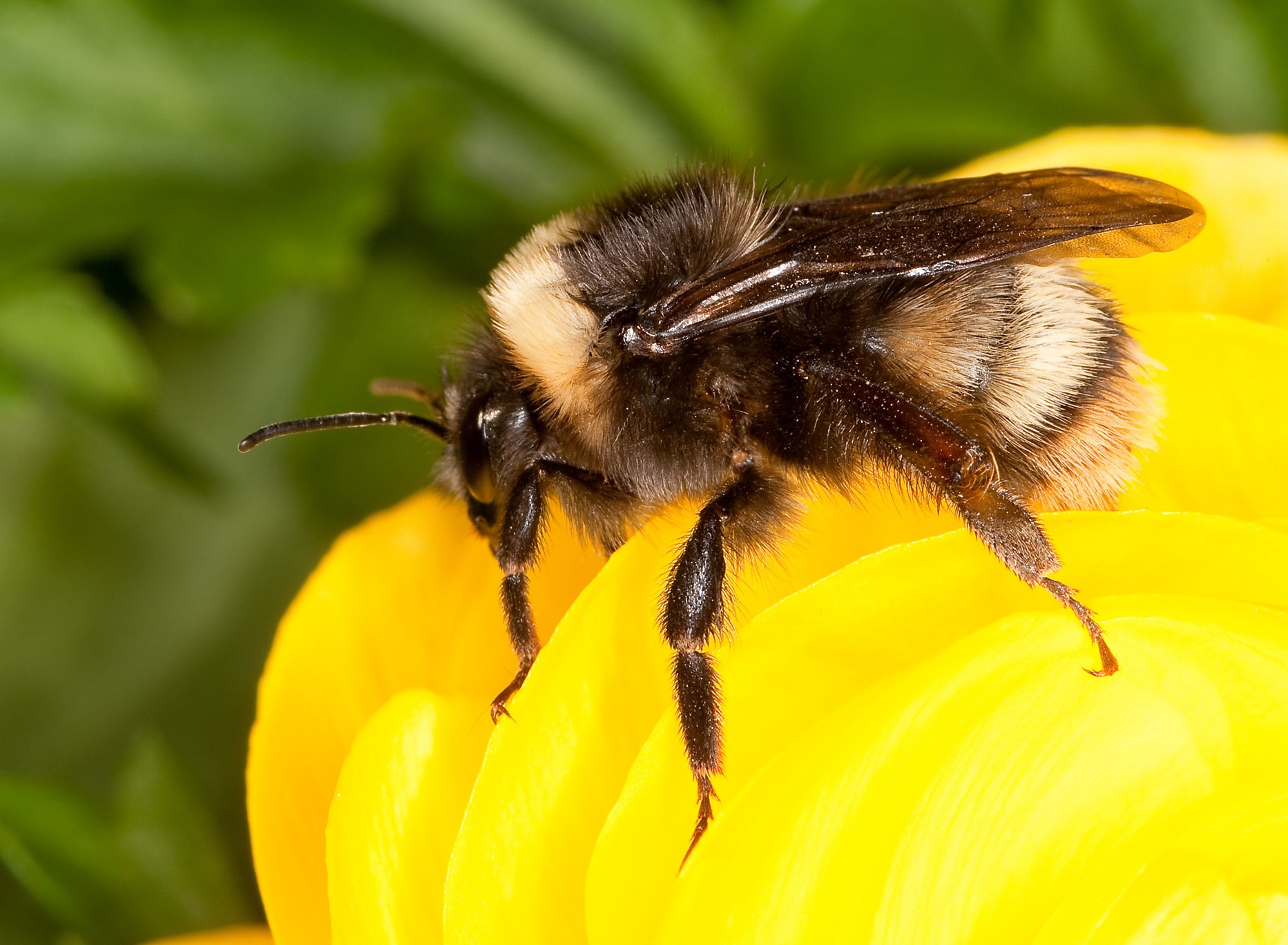- Blog
- Food & Agriculture
- Bee Action
- Banning bee-killing pesticides in wildlife refuges
Banning bee-killing pesticides in wildlife refuges

Donate Now!
Your contribution will benefit Friends of the Earth.
Stay Informed
Thanks for your interest in Friends of the Earth. You can find information about us and get in touch the following ways:
Baby bumblebees are in danger! A recent study found that young bumblebees are losing their ability to navigate and forage for food due to exposure to neonic pesticides.
Wildlife refuges are one place bees are exposed to toxic pesticides. Believe it or not, the EPA rolled back the Obama-era regulations that protected refuges from bee-toxic pesticides.
But it’s not too late to fight back. Congress could soon vote on banning these pesticides from refuges. But our legislators will only act if they feel pressure!
Bees and other insects sustain life on Earth, including the ecosystems that feed us. One in three bites of food we eat depends on bees, and pollinators contribute up to $577 billion to our annual global food production.
Over the last two decades, neonic use has skyrocketed, while bee and other insect populations have plummeted. The science is clear that neonics are causing abnormal brain growth in bees that impairs their learning ability and weakens their survival skills.
Under the Obama Administration, the U.S. Fish and Wildlife Service adopted a policy to ban neonics on wildlife refuges. However, the EPA reversed this decision, putting bees and other insects in grave danger. We can’t let this go unchecked.
Wildlife refuges should be safe sanctuaries for all animals — from endangered wildlife to precious pollinators.
If we don’t take immediate action to protect insects, including bees, scientists warn we could soon see a “catastrophic collapse of nature’s ecosystems.” We need to do everything we can to protect them, not open up protected land for toxic pesticide use.
But there’s still hope! Rep. Nydia Velázquez’s bill to protect our refuges and ban neonics recently cleared a major process hurdle. Now we need help to keep the momentum going.
